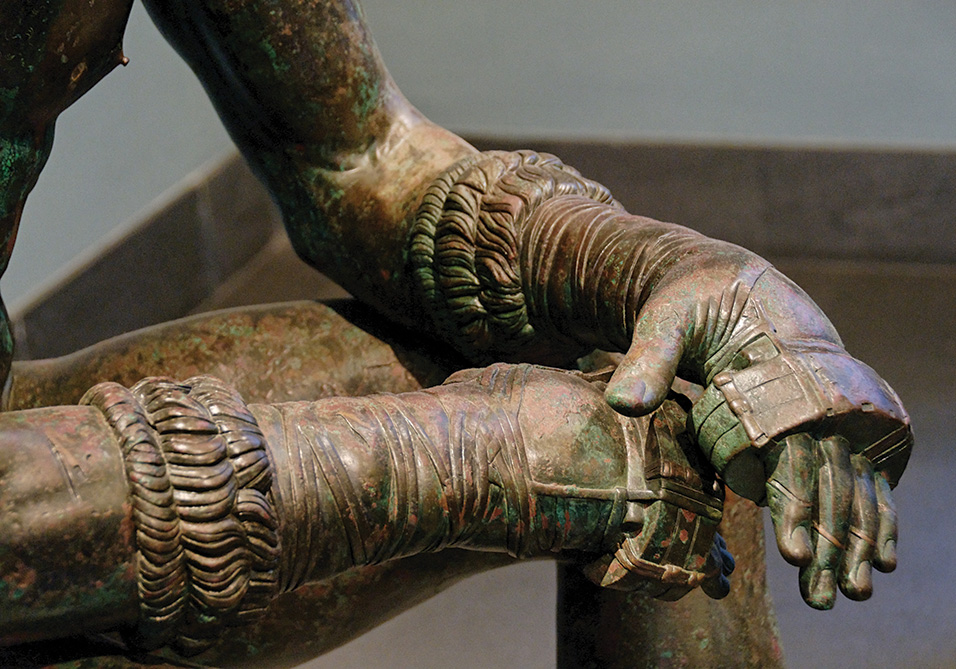1 Corinthians
Dealing with Church Issues
Central Teaching
A true understanding of what it means to be spiritual will lead to healthy, harmonious relationships within the local church.
Memory Verses
Setting
Paul and his coworkers planted the church in Corinth on his second missionary journey (Acts 18:1–18). The city of Corinth was a wealthy melting pot of cultures, philosophies, lifestyles, and religions, and it was especially well known for its sexual immorality (to “Corinthianize” meant to “play the prostitute”). In this pluralistic setting, Paul started what would turn out to be his most challenging church. Paul, along with Sosthenes, is identified as the author (1 Cor. 1:1) and most likely wrote this letter from Ephesus about AD 54 while on his third missionary journey.

Ruins of the temple to Apollo in Corinth
Message
Paul had received disturbing verbal reports from Chloe’s household (1:11) and a letter from the Corinthians expressing a number of concerns. The church at Corinth was wracked by problems caused by faulty beliefs, arrogance, and immaturity. In response, Paul wrote 1 Corinthians, where he wrestles with significant problems in a believing community that is still struggling to separate from its pagan culture. The main problem in both letters (1–2 Corinthians) revolves around the issue of what it means to be truly “spiritual.” The Corinthians seem to have embraced a “spirituality” that included intellectual pride and emphasized exciting experiences (see 1 Cor. 8:1, 7, 10–11; 13:2). Some felt they had already “arrived” spiritually, and this overly triumphant attitude explains, for example, why they divided into rival factions (1 Cor. 1:11–12) and why they prided themselves on displaying the more spectacular gifts of the Spirit (1 Cor. 4:8; 13:1). Such an immature understanding of true spirituality led to a variety of problems within the church. In this bold and transparent letter, Paul models how to deal with local church issues in a loving and truthful way.
Outline
Interesting Features
- Overall, Paul wrote more words to the Corinthian church than to any other church.
- In the midst of the most comprehensive discussion of spiritual gifts in the New Testament (1 Cor. 12–14) stands the famous “love chapter” (1 Cor. 13).
- First Corinthians 15 gives more detail on the resurrection of the dead than any other place in the Bible.
- First Corinthians also contains the longest discussion of human sexuality in all of Paul’s Letters (1 Cor. 6–7).

A bronze statue depicting a Greek “thermae boxer” (third to second century BC)
Connections
From 1 Corinthians we learn that there is no room for personality cults in the local church; the allegiance to charismatic leaders leads to division and draws praise away from our Lord. We also learn that God expects his people to be holy, which is revealed through the issues Paul addresses in the letter: factions (1–4), incest (5), lawsuits (6:1–11), and sexual immorality (6:12–20). Paul also teaches us that our freedom as believers should be limited by our love for other believers. We are part of a community and not free to act in a way that destroys the faith of family members.
Finally, we need a biblical view of the doctrine of the bodily resurrection of all believers at the return of Christ. Our hope as believers is not death or even rapture but resurrection from the dead!